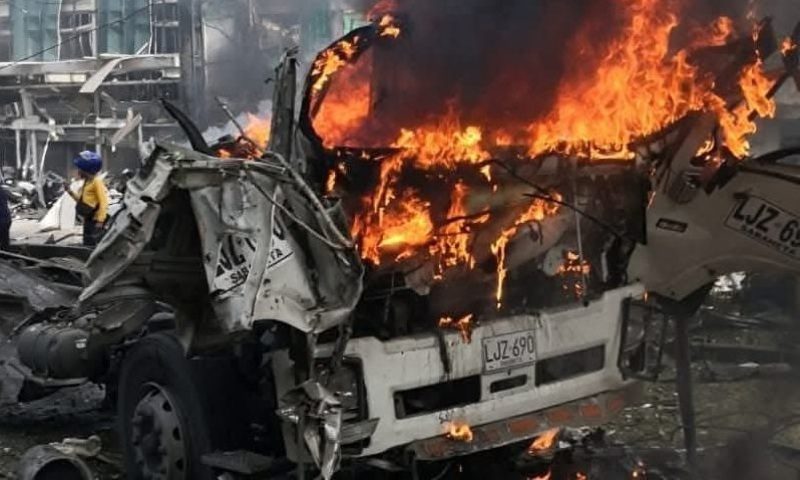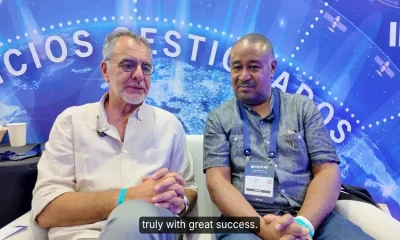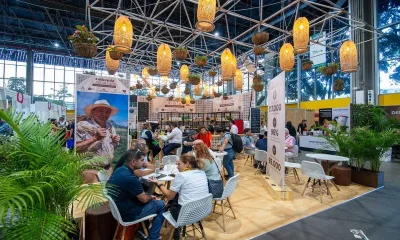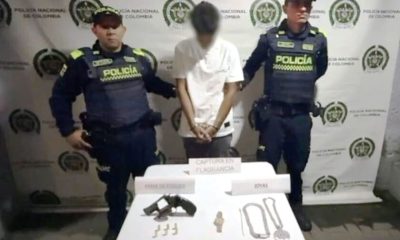Twin Attacks Rock Valle del Cauca and Antioquia, Colombia, Mocking President Petro’s “Total Peace” Strategy
A single afternoon of terrorist massacres in Colombia’s Valle del Cauca and Antioquia departments has left at least 19 people dead and dozens injured, exposing the emptiness of President Gustavo Petro’s controversial “Paz Total” (Total Peace) policy. The coordinated assaults, attributed to FARC dissidents, underscore the escalating power of illegal armed groups and their deep-rooted control over vast swaths of the country, fueled by a booming cocaine trade that now surpasses levels seen during the era of Pablo Escobar.
In the southern city of Cali, a truck bomb detonated outside the Marco Fidel Suárez Air Force Base on Thursday afternoon, killing at least six civilians and injuring more than 70 others. The powerful explosion, which occurred at approximately 2:50 PM, ripped through a bustling commercial area, leaving a trail of destruction. Eyewitnesses described a scene of chaos and horror, with victims strewn across the street and buildings reduced to rubble.
Hours earlier, in the rural northern municipality (in Colombia, a “municipality” is somewhat equivalent to a county) of Amalfi, Antioquia, a helicopter carrying police officers engaged in coca crop eradication was taken down by an explosive-laden drone. The attack, which claimed the lives of 12 police officers and a civilian, was a chilling demonstration of the evolving tactics and military capacity of the armed groups operating in the region.
The attacks have been widely condemned by national and local officials, who have called for a decisive response to the growing wave of violence. President Gustavo Petro, who campaigned on a promise of achieving “Total Peace” through negotiations with the country’s various armed factions, traveled to Cali to oversee the government’s response. In a statement on X (formerly Twitter), the president attributed the Cali bombing to the Carlos Patiño Front, a dissident faction of the former FARC guerrilla group, and described it as a “terrorist reaction” to recent military operations against them.
However, critics argue that the “Total Peace” policy, which has included ceasefires and negotiations with groups like the National Liberation Army (ELN), Segunda Marquetalia, and the powerful mafia organization, the Clan del Golfo (also known as the Urabeños), has emboldened these organizations, allowing them to expand their territorial control and illicit economies.
Andrés Julián Rendón, the governor of Antioquia, confirmed that the downed helicopter in his department was providing air support for a coca eradication mission. In a public statement, he lamented the loss of life. He called for a more forceful approach to combating the drug trade, which he identified as the primary driver of violence in the region.
Colombia’s President Gustavo Petro campaigned on a promise of “Total Peace” but guerilla groups are thriving during his term, showing no interest in ceasing crime or terrorism.
The mayor of Medellín, Federico Gutierrez, echoed these sentiments, expressing his condolences to the families of the victims and calling for national unity in the face of the growing security crisis. In a recent meeting with US senators, Gutierrez highlighted the interconnectedness of drug trafficking, terrorism, and corruption, and the need for a comprehensive strategy to address these challenges.
In Cali, Mayor Alejandro Eder announced a reward of up to $400 million COP (approximately $90,000 USD) for information leading to the capture of those responsible for the air base attack. “Cali is once again the victim of a narco-terrorist attack,” he declared, ordering the militarization of the city to restore order. Eder also confirmed the capture of two individuals believed to be members of the Jaime Martínez front of the FARC dissidents, who are now in the custody of the Fiscalía General de la Nación.
The acting governor of Valle del Cauca, Dilian Francisca Toro, has also been vocal in her condemnation of the violence, urging a united front against organized crime. “We must work together against this crime,” she stated in a recent interview, highlighting the need for greater coordination between local and national authorities.
The recent attacks have cast a long shadow over the Petro administration’s security policy. While the government has touted record cocaine seizures in 2025, with 601 tons confiscated so far, coca cultivation has also reached historic highs. This paradox suggests that while law enforcement efforts are having some success in interdicting drug shipments, they are failing to address the root of the problem: the relative impunity protecting the narco-mafias, who have enjoyed legitimacy under the Petro administration as negotiating partners. Rather than eradicating the criminal mafias, President Petro has treated them as diplomatic delegations that have come to negotiate as legitimate civil society actors.
The flourishing drug trade has provided a financial windfall for groups like the FARC dissidents and the ELN, allowing them to recruit (often forcibly) new members, acquire sophisticated weaponry such as attack drones, and challenge the authority of the state in a way not seen in years. The use of an explosive-laden drone to down a helicopter is a particularly ominous development, signaling a new level of technological sophistication among these groups.
As the country mourns the victims of these latest attacks, a difficult question hangs in the air: Will President Petro, a former guerrilla himself, abandon his soft-on-terrorism “Total Peace” policy and allow the country’s security forces to persecute these narco-criminals? Nothing in his record says “yes.” Colombia has less than a year until the next president is inaugurated. Colombia experimented with its first leftist president in modern history, who promised “total peace,” but as the mafia groups that plague Colomba are gaining power like it’s the 1980s, as political assassinations have returned to the case of presidential candidate Miguel Uribe Turbay, Colombians may turn back to a more hard-line leader who can promise eradication of narco-mafias and the cocaine they produce, while hopefully respecting human and civil rights better than some past administrations.
Video credit: infoLibre YouTube.




























